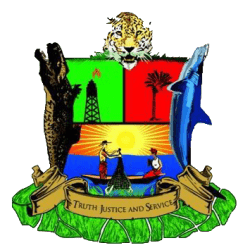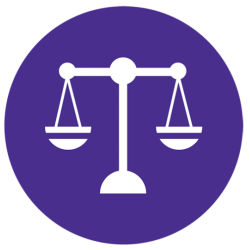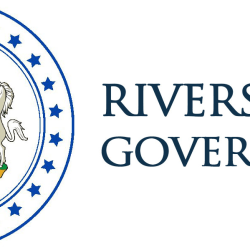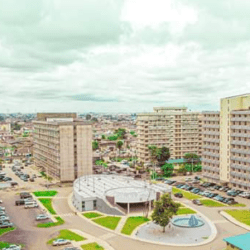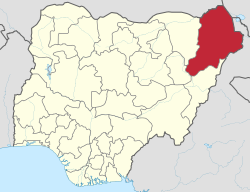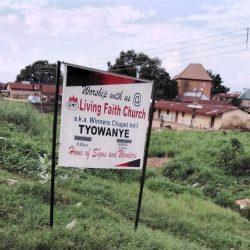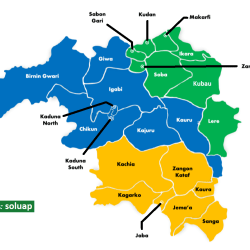The Judiciary is the third arm of Government in a democratic setting. In Nigeria’s young democracy, The Judiciary is given it’s rightful place for an effective seperation of powers in the business of governance.

It is the duty of the Judiciary to adjudicate in disptes btw the government, individuals and corporate entities in thier inter-relationships, in accordance with the Law. The Various Federal courts , thier functions and jurisdictions are as follows:
THE SUPREME COURT
This is the highest court in the Country. It is the last stop on all appeal matters , with an exclusive jurisdiction to hear and determine appeals from Court of Appeal and the Constitutional Courts. The Membership consists of Chief Justice and such number of Justices of the Supreme court as may be Prescribed by an act of The National Assembly. Presently the supreme court is made up of the Chief Justice and 15 other Judges.
THE COURT OF APPEAL
The Court of Appeal has exclusive Jurisdiction to hear and determine appeals from the federal high court, High Court of the FCT, State High Courts, Sharia Court Of Appeal, Customary Court of Appeal, National Industrial Court, Court-Marshall or other tribunals prescribed by an act of the National Assembly. It’s membership consists of the President and justices of the Court of Appeal, among which at least three must be learned in Islamic Law and three in Customary Law.
THE CONSTITUTIONAL COURT
The Court has jurisdiction over mattersrelating to the interpretation or enforcement of the Constitution among other duties. It has a President and Such numbers of Justices of the constitutional court (at least 20)
THE FEDERAL HIGH COURT
The court has Exclusive Jurisdiction of in civil case and matters relating to revenue of the Federal Government such a taxation, Customs and Excise Duties, Banking, Copyright, Admiralty, Citizenship etc.
THE HIGH COURT OF THE FCT
It is headed by a chief Judge and such a number of Judges as may be prescribed by law . It has the Same Jurisdiction as the State High Courts
More on Nigeria
Nigeria is a country in Africa, a regional power on the continent and an emerging power on the international scene.

It has 36 states and a Federal Capital Territory, Abuja.
Having being divided into states, the country is further divided into 774 Local Government Areas (LGAs).
The LGAs are under the control of their respective states.
The country has the largest economy in Africa.
Nigeria’s population is over 230 million, making it number 1 most populated country in Africa, and number 6 in the world.

It covers an area of 923,769 square kilometres (356,669 sq mi).
It is situated between the Sahel to the north and the Gulf of Guinea to the south in the Atlantic Ocean.

Nigeria borders Niger in the north, Chad in the northeast, Cameroon in the east, and Benin in the west.
It is often referred to as the Giant of Africa owing to its large population and economy and is considered to be an emerging market by the World Bank.

However, the country ranks very low in the Human Development Index and remains one of the most corrupt nations in the world.

The largest city in Nigeria is Lagos, one of the largest metropolitan areas in the world and the largest in Africa.

Nigeria is a multinational state inhabited by more than 250 ethnic groups speaking 500 distinct languages, all identifying with a wide variety of cultures.

The official language is English, chosen to facilitate linguistic unity at the national level.
Nigeria is a founding member of AU (African Union) and a member of other international organizations including UN (United Nations), Commonwealth of Nations and ECOWAS (Economic Community of West African States).
